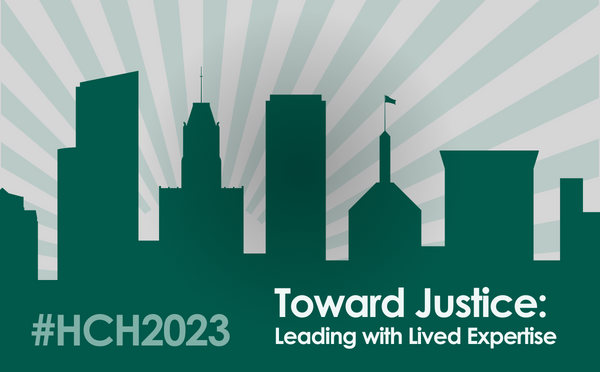Putting “Community” into a Community Clinic
This workshop will share the administrative, clinical, and consumer perspectives of launching and operating a Community Clinic at the Organization. The Organization is a nonprofit that ends isolation and homelessness through radical hospitality. It’s an inclusive space for anyone experiencing homelessness to feel welcome, feel safe, and receive services. By partnering with the Clinic and […]
Putting “Community” into a Community Clinic Read More >>


